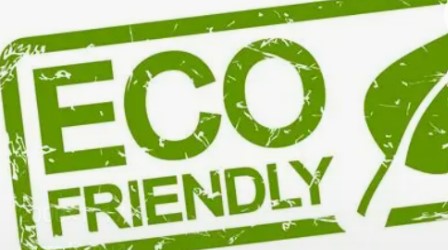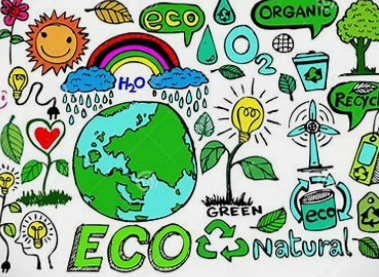- Community Builder 🤝
Michele Murrell
"I am committed to living as a conscious steward of our planet, making deliberate choices that protect and restore the natural world for current and future generations. I strive to minimize my environmental footprint through mindful consumption, sustainable practices, and advocacy for clean energy solutions."
POINTS TOTAL
- 0 TODAY
- 0 THIS WEEK
- 76 TOTAL
participant impact
-
UP TO8.0ideasshared
-
UP TO12minutesspent learning
Michele's actions
First Steps: Start with You
Understand Plastic’s Impact on My Health
Plastics can leach harmful chemicals into food, water, and the air we breathe. I will spend 5 minutes learning about the health impacts of plastic exposure and explore safer swaps — like choosing glass or stainless steel over plastic for food storage and drinking water.
Change the Game: Shift Systems and Policies
Donate to organizations working on systemic plastic reform
Some nonprofits are leading the charge to change policies and corporate practices. I will donate to an organization working to reduce plastic at the source and promote systemic solutions for a healthier planet.
Level Up: Influence Friends and Family
Prep a reusable kit for on-the-go
Having reusables ready and integrated into your daily routine can help you avoid single-use plastic while out and about. I will put together a kit with items like a mug, water bottle, utensils, or tote bag to take with me when I leave the house.
Level Up: Influence Friends and Family
Host or attend a clothing swap
Fast fashion is a major source of plastic pollution. I will organize a clothing swap with friends, neighbors, or coworkers to keep clothes in use longer, reduce plastic-based textiles, and build community.
Lead the Way: Shape Your Community
Participate in or organize a community clean up
Plastic pollution is visible in many communities. I will take part in or organize a cleanup event to remove litter, raise awareness, and spark conversations about how plastic ends up in our environment.
First Steps: Start with You
Learn how plastic is made
Understanding the origins of plastic helps us see its environmental impact more clearly. I will spend 5 minutes learning how plastic is made — from fossil fuels to finished product — and reflect on how that knowledge influences my choices.
Level Up: Influence Friends and Family
Pack a low or no-plastic lunch and talk about it with others
Food packaging is a major source of plastic. I will pack a lunch with little or no plastic and use it as a conversation starter with coworkers, classmates, or friends to share tips and inspire change.
Level Up: Influence Friends and Family
Start a household challenge to reduce plastic
Change starts at home. I will create a fun challenge with my household — like using no single-use plastic for a day or swapping out a product — to make plastic reduction a shared goal.
Lead the Way: Shape Your Community
Recommend a documentary, podcast, or article about plastic to others
People are more likely to take action when someone they trust makes a recommendation. I will share a documentary, podcast, or article that helped me understand the impact of plastic to spark curiosity, conversation, and action in others.
Lead the Way: Shape Your Community
Host a “bring your own container” lunch or event
Gatherings are a great time to model new habits. I will plan or participate in a lunch or event where people bring their own containers, utensils, or cups to reduce single-use plastic.
Level Up: Influence Friends and Family
Swap ideas for reducing plastic with someone close to you
Sharing ideas helps us stay motivated and discover new ways to take action. I will share ideas with friends or family members about ways we each reduce plastic in our lives.
Change the Game: Shift Systems and Policies
Learn about policies that support reducing plastics
Policy is one of the most powerful tools for reducing plastic waste at scale. I will spend 10 minutes learning about current or proposed plastic-related policies, such as bans on single-use plastics or extended producer responsibility laws, to better understand how systems can change.
Participant Feed
-
 Michele Murrell 7/01/2025 6:28 AM
Michele Murrell 7/01/2025 6:28 AM- Community Builder 🤝
Day one here we go! I'm focusing on eliminating single-use plastics from my morning routine - switched to a reusable water bottle and brought my coffee in a ceramic mug instead of grabbing a disposable cup. The challenge is making me more conscious of how automatically I reach for plastic convenience items. It's amazing how many small decisions add up throughout just one day.
-
REFLECTION QUESTION
 First Steps: Start with YouHow does understanding the origin of plastic change the way you think about using it in everyday life?
First Steps: Start with YouHow does understanding the origin of plastic change the way you think about using it in everyday life?
